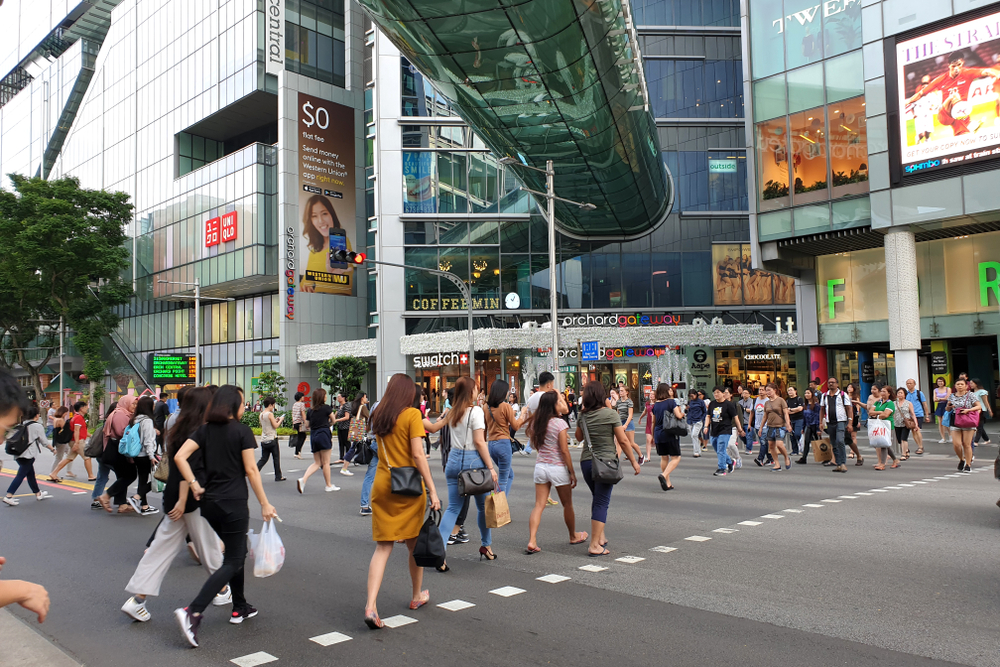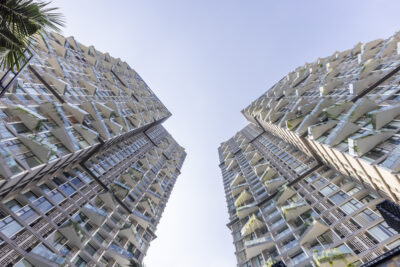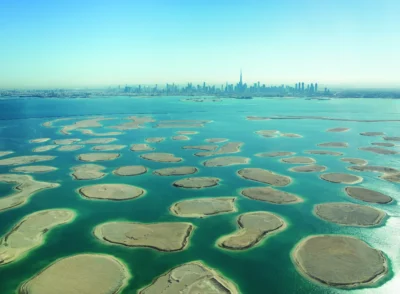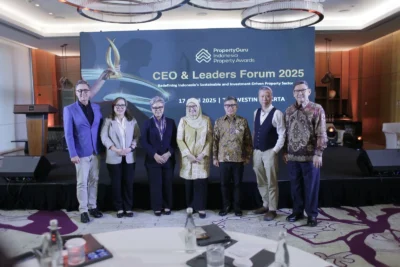Singapore shows growth amidst shifting consumer trends and international interest
Sustainable collections, tech-enabled personalization, and an influx of global brands propel Singapore’s retail market forward

Singapore’s retail sales increased for the second consecutive month in March, but at a slower pace compared to the previous year. According to The Straits Times, economists predict further slowdown this quarter, but expect acceleration in the second half of the year. March sales rose 4.5 percent year on year, following a 12.6 percent increase in February, partly influenced by the timing of Chinese New Year.
Total retail sales were SGD5.45 billion (USD4.1 billion), with online retail sales comprising 13 percent. Excluding motor vehicles, retail sales grew 4.1 percent, while motor vehicle sales rose 7.2 percent year on year. Food and alcohol sales saw a significant surge of 55.1 percent, and apparel sales rose 26.5 percent year on year.
Singapore furniture company, Ipse Ipsa Ipsum, showcased a sustainable table collection made from upcycled e-waste at Maison & Objet in Paris. The retail industry, as discussed by Enterprise Singapore, has been responding to consumer behaviour shifts, with an emphasis on sustainability and conscious consumerism. Brands like Anothersole and Commune are incorporating eco-friendly products and materials.
Related: Singapore rent prices stabilise as foreigner influx slows and housing stock grows
Retailers are also focusing on providing experiential shopping with tech-enabled personalization. Innovation plays a crucial role in meeting customer demands, with companies like Benjamin Barker and Hegen implementing technological advancements. Singapore’s retailers have displayed resilience during the pandemic, with many embracing digital solutions and e-commerce to grow their businesses.
Singapore’s retail market is attracting a surge of interest from new international brands, including those from China, Taiwan, and the United States. JLL reported factors such as a growing foreign resident population, a favourable business environment, and the perceived spending power of domestic consumers contribute to this trend.
Notable brands that have recently entered Singapore include Aluxe Jewelry, Dejade, and The Onitsuka. The city-state’s strategic location in Southeast Asia and its affluent consumer base make it an appealing launchpad for regional expansion. This influx of new brands is expected to drive retail space demand in Singapore.
The Property Report editors wrote this article. For more information, email: [email protected].
Recommended
Hanoi’s air pollution crisis: Balancing urban growth with environmental sustainability
Hanoi’s worsening annual toxic smog is highlighting the pressures of balancing sustainability with rapid economic growth
U.S. tariffs pose challenges to china’s housing market amid economic slowdown
Escalating US tariffs are expected to strain China’s slowing economic growth and dampen buyer confidence, creating trouble for the country’s housing market
Dewan Architects’ Mohammed Adib leads with human-centred design and technological innovation in the Middle East and beyond
Mohammed Adib channels his childhood curiosity and dislike for design uniformity into his work at Dewan Architects + Engineers
UAE real estate shifts focus to sustainability and quality, revitalising iconic projects
The UAE has risen from its challenges to emerge as a more sustainable, quality-focused destination






